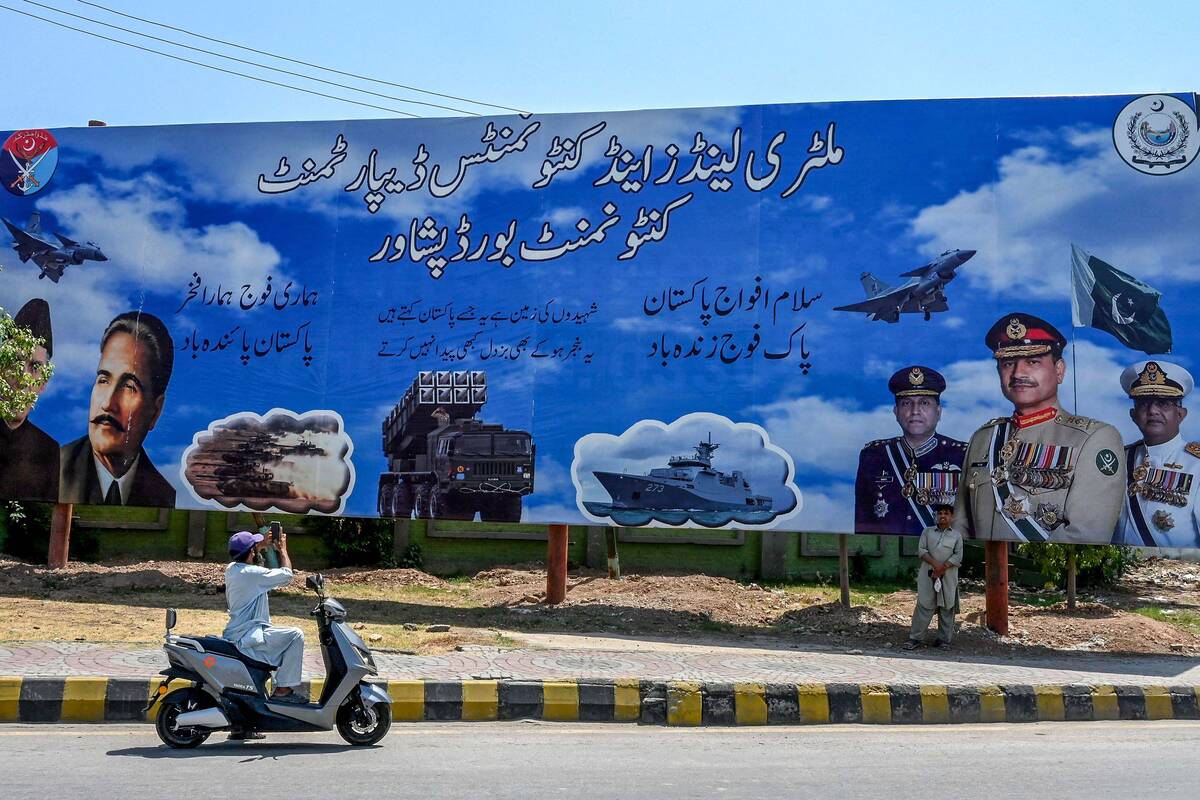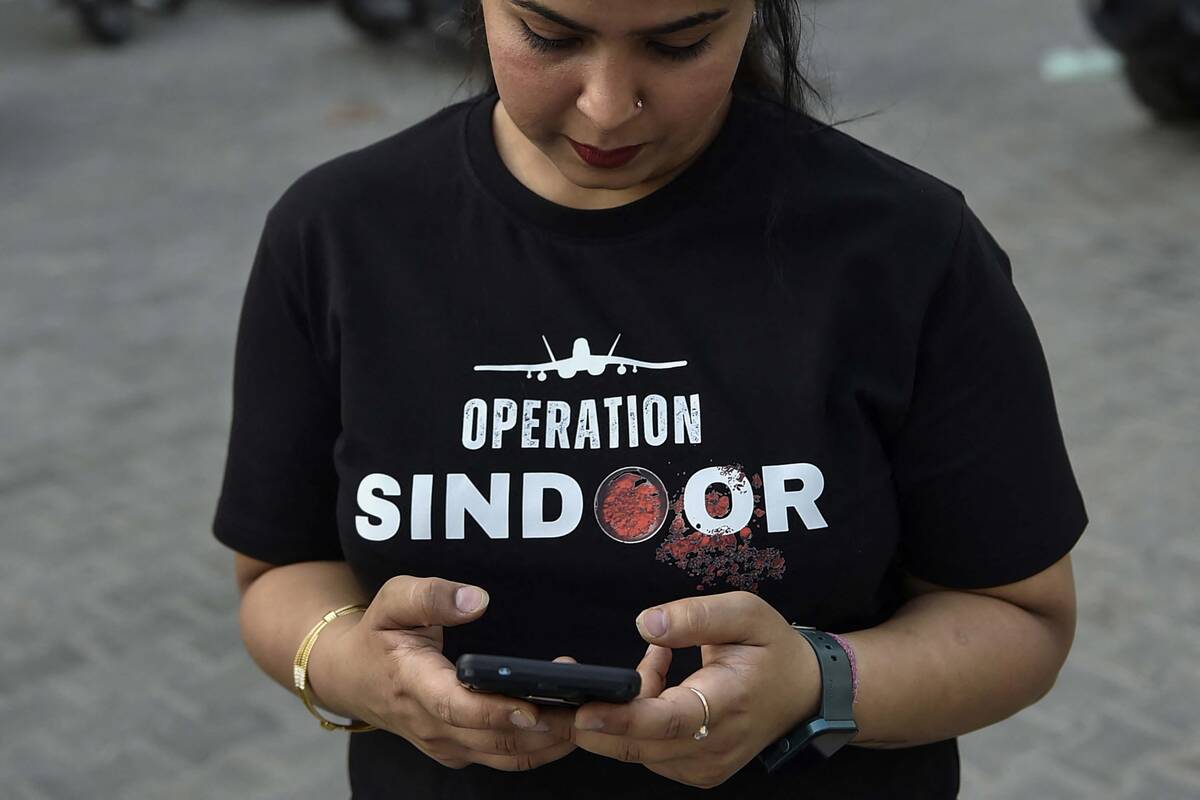KARACHI: Pakistan’s stock market recorded on Friday its highest-ever closing at 70,909 points, stock brokers and analysts said, attributing it to ongoing talks with the International Monetary Fund (IMF), but cautioning about potential economic impact of Israel-Iran tensions in the Middle East.
Explosions were heard in Iranian city of Isfahan on Friday that were described as an Israeli attack by western media. However, Tehran has not officially confirmed the development as its response remains muted.
The Pakistan Stock Exchange witnessed some nervousness in the morning trading session, when news of Israel’s attack on Iran came in. But despite the development, the benchmark KSE-100 index surged by 647 points to close at 70,909 points.
“When news of the attack on Iran came this morning, its impact was seen in the Asian and European markets at one point,” Shehryar Butt, portfolio manager at the Karachi-based Darson Securities, told Arab News.
“Nikkei saw a decline of more than a thousand points, but despite this, the Pakistan Stock Exchange performed much better.”
The Pakistani bourse has recently been trading at record highs amid positive sentiment prevailing among investors due to hopes of the country’s successful talks with the IMF.
“The basic reason for this is that Pakistan is currently in the IMF program, and very serious discussions are taking place in Washington at this time,” Butt said.
Pakistan’s finance minister, Muhammad Aurangzeb, is currently in Washington to hold talks with IMF officials for a new long-term loan program as Pakistan’s current $3 billion program is due to expire this month. The finance minister has expressed his hopes that the outline of the new program will be agreed next month.
Pakistan is expected to demand a loan size of around $7 billion but Jihad Azour, the IMF Middle East and Central Asia Director, said on Wednesday the reform package was more important than the size of the program.
“I would say the package of reform is now more important than the size of the program because we saw recently that the right measures provided the right response,” Azour said at a press briefing.
The surge in global oil prices amid geo political tensions and the Pakistani rupee’s recovery played “a catalyst role in Friday’s record close,” according to Ahsan Mehanti, CEO of the Arif Habib Corporation.
Though Pakistan’s market downplayed the Middle East tensions, but analysts said if the situation escalated, it would disrupt supply chain and impact Pakistan’s economy.
“The conflict between Iran and Israel will affect the Pakistani economy, quite a negative effect will be seen on the Pakistani economy because immediately after that, we saw geo-political situation worsening and oil started to rise,” Butt said, adding the rising global oil prices would impact Pakistan’s import bill.
Pakistan has imported petroleum products worth $12 billion during the July-March period of the current fiscal year, including $3.9 billion worth of crude oil and 2.9 billion worth of liquefied natural gas (LNG), according to official data.
Butt feared that if the situation persisted, then the attention of Saudi Arabia would also be drawn to the Middle East and the investment commitments made by the Kingdom with Pakistan could be delayed.
Haroon Sharif, an economist and former chairman of the Pakistan Board of Investment, said if the tensions in the Middle East escalated, their first impact would be on the stock market as foreign investors would like to shift their capital to safer markets.
“Another impact would be oil price escalation, hitting Pakistan’s trade deficit and traveling and cargo price would also escalate, increasing the cost of doing business,” Sharif said, adding that investors would hold their future expansion and investment plans till situation becomes stable.
Husain Haqqani, a former Pakistani ambassador to the United States and scholar at Washington DC’s Hudson Institute, said a prolonged conflict between Iran and Israel would increase uncertainty and instability across the Middle East.
“If Iran’s drone and missile attack on Israel was meant to show Iran’s reach, Israel has demonstrated its ability to strike deep inside Iran,” Haqqani told Arab News.
“Iran has several proxies that it can use while Israel has tremendous military and intelligence capabilities. Leaders of both countries have domestic political reasons to not be forgiving toward one another.”
Haqqani said the US would likely restrain Israel, while Iran would be constrained by its limited capability.
“After all, even after attacking with hundreds of missiles and drones, Iran was unable to cause real damage on ground in Israel,” he added.


















